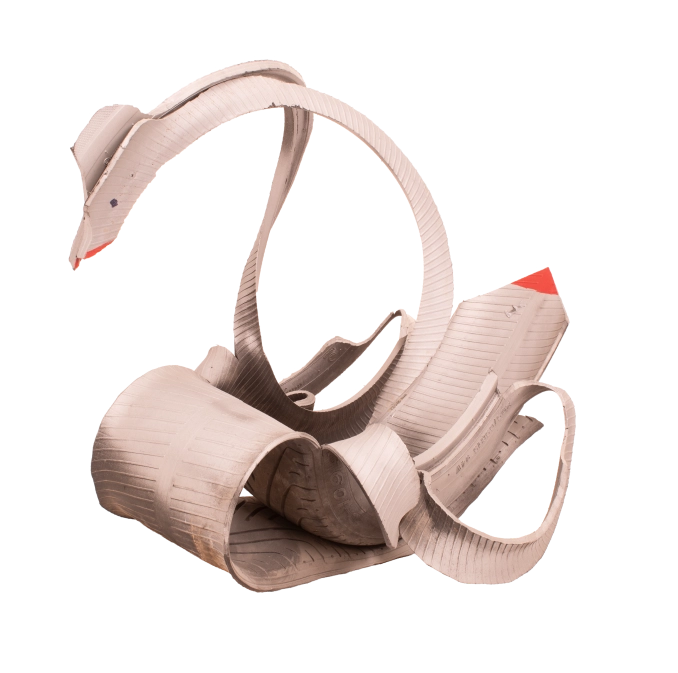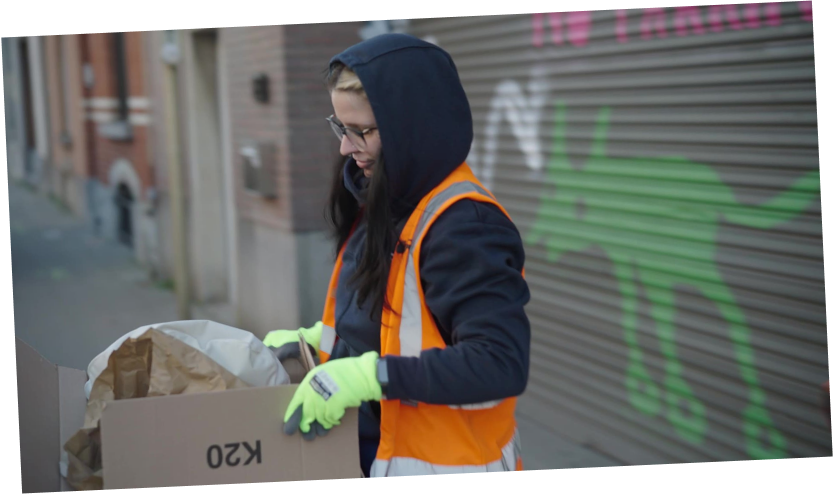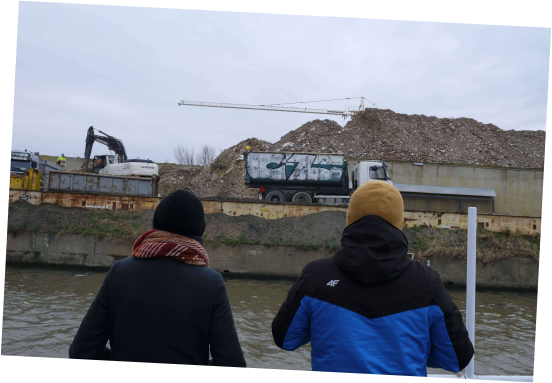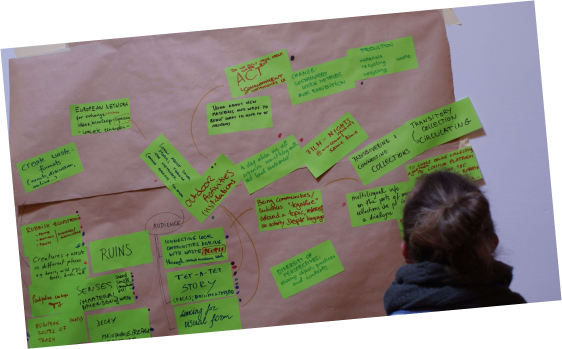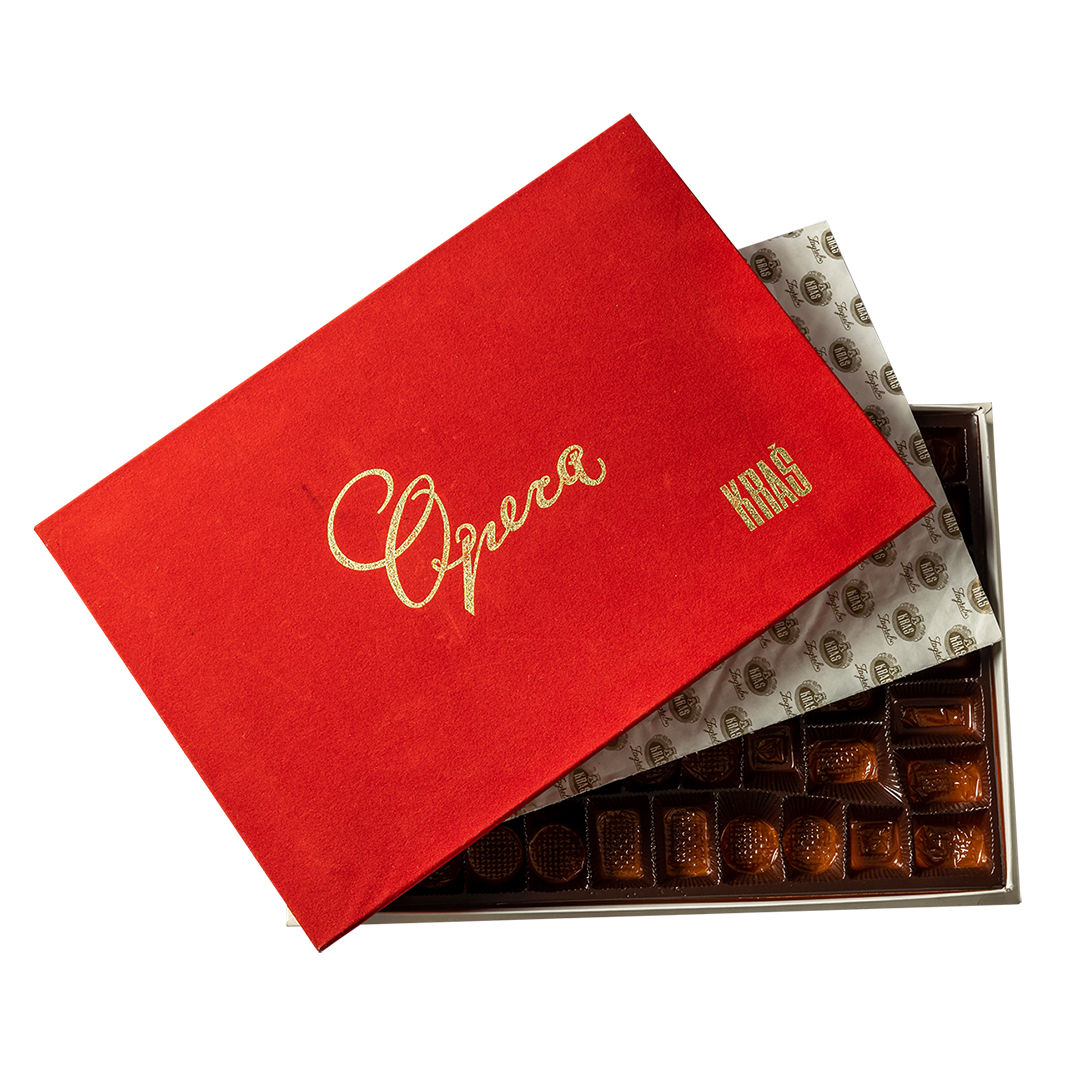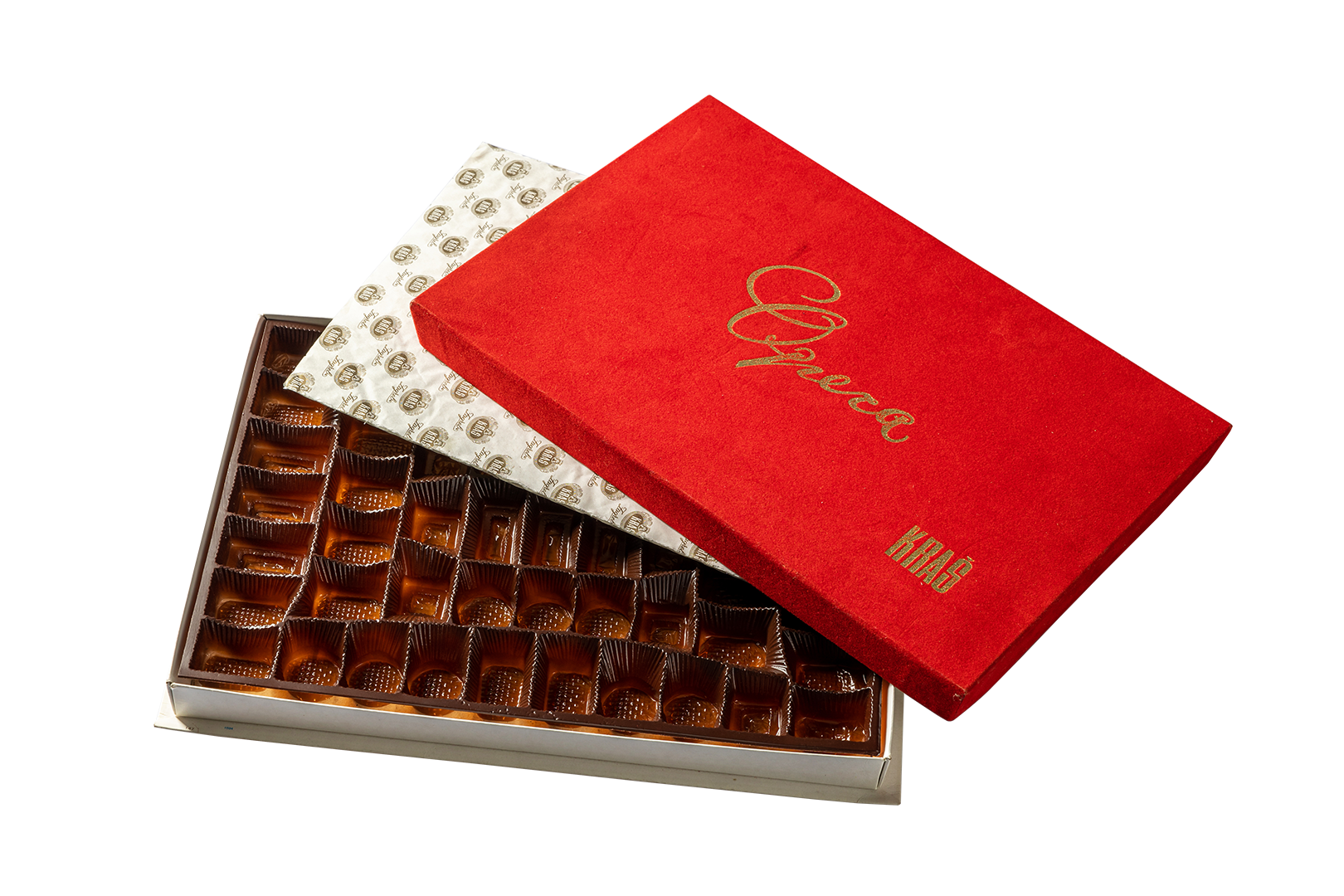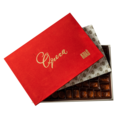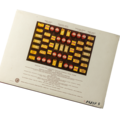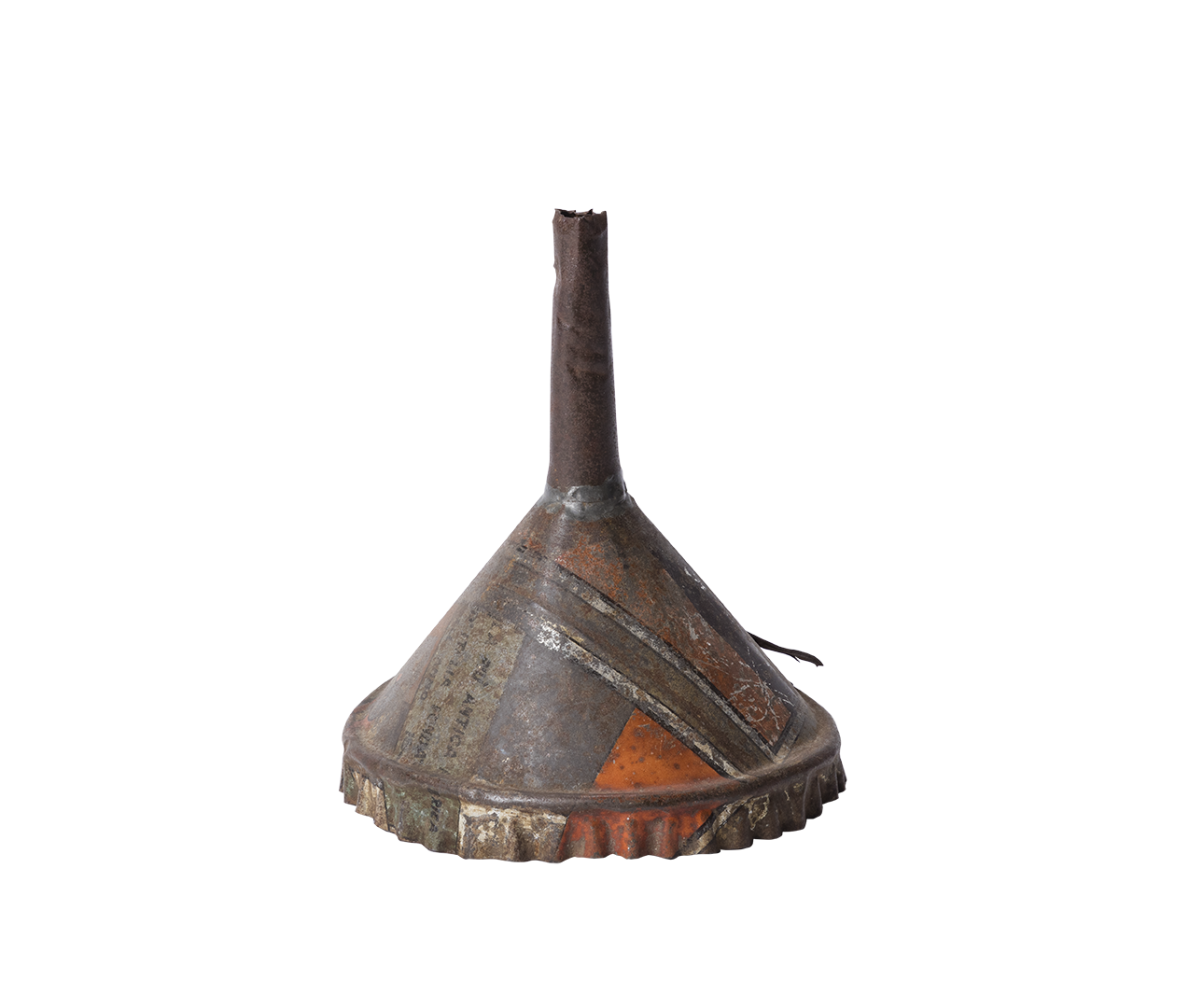Artist/Maker Kraš
Date Production/Creation
1984
Entry in the museum collection
2001
Place of origin
Zagreb, Croatia, Europe
Current location
Museum of Recent History Celje, Celje, Slovenia
Material
Cardboard, artificial velvet / adhesive, print
Dimension
260x370x37 mm
Inventory Number 745:CEL;S-12840
Keyword Home Memory Packaging
Copyright Museum of Recent History Celje
Status In storage
Image Credit Matic Javornik
A box for life: sometimes, the package is more precious than the goods it contains.
What is this object about, who are the people behind it?
Opera were the premium chocolates in the Kraš range. They were frequently given as a gift to older people for a special occasion or to say thank you for help or a favour. Often the recipient of the gift would not even eat the chocolates, but keep them with the intention of giving them to someone else on another occasion. So they were passed on from person to person, pantry to pantry, and it was quite possible that their shelf-life would expire before anyone actually got to eat the chocolates.
What places is this object related to, how European/transnational is it?
Like other Kraš products, Opera chocolates were sold throughout the former Yugoslavia, and even beyond – according to the information on the box, in 1976 they were awarded a silver medal in London.
Why and how did this object arrive in the museum’s collection?
The Opera chocolate box was a donation to theMuseum of Recent History Celje. It is important for the museum’s collection as an item that was very familiar in Yugoslav households in the 1970s and 1980s. Many people who lived in Yugoslavia at the time when Kraš were making Opera chocolates would have encountered them in one way or another, either admiring the box on the shelf of a local shop or giving or receiving the chocolates as a gift. It is therefore important as part of the collective memory and of what we call "Yugo-nostalgia".
What is the relation of this object to waste?
People did not generally discard an empty Opera box because it was beautiful and luxurious. And it was also big enough to use for various other purposes. People used the box to store documents, photographs, postcards and other mementos or items that had a particular emotional value to them. So Opera chocolate boxes would live on in cupboards and drawers for years after the chocolates had all gone.

